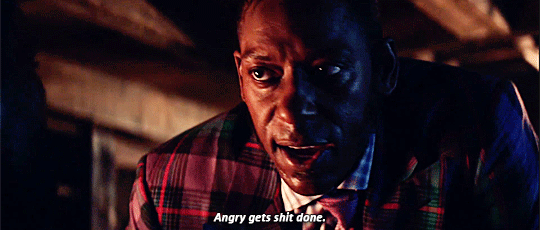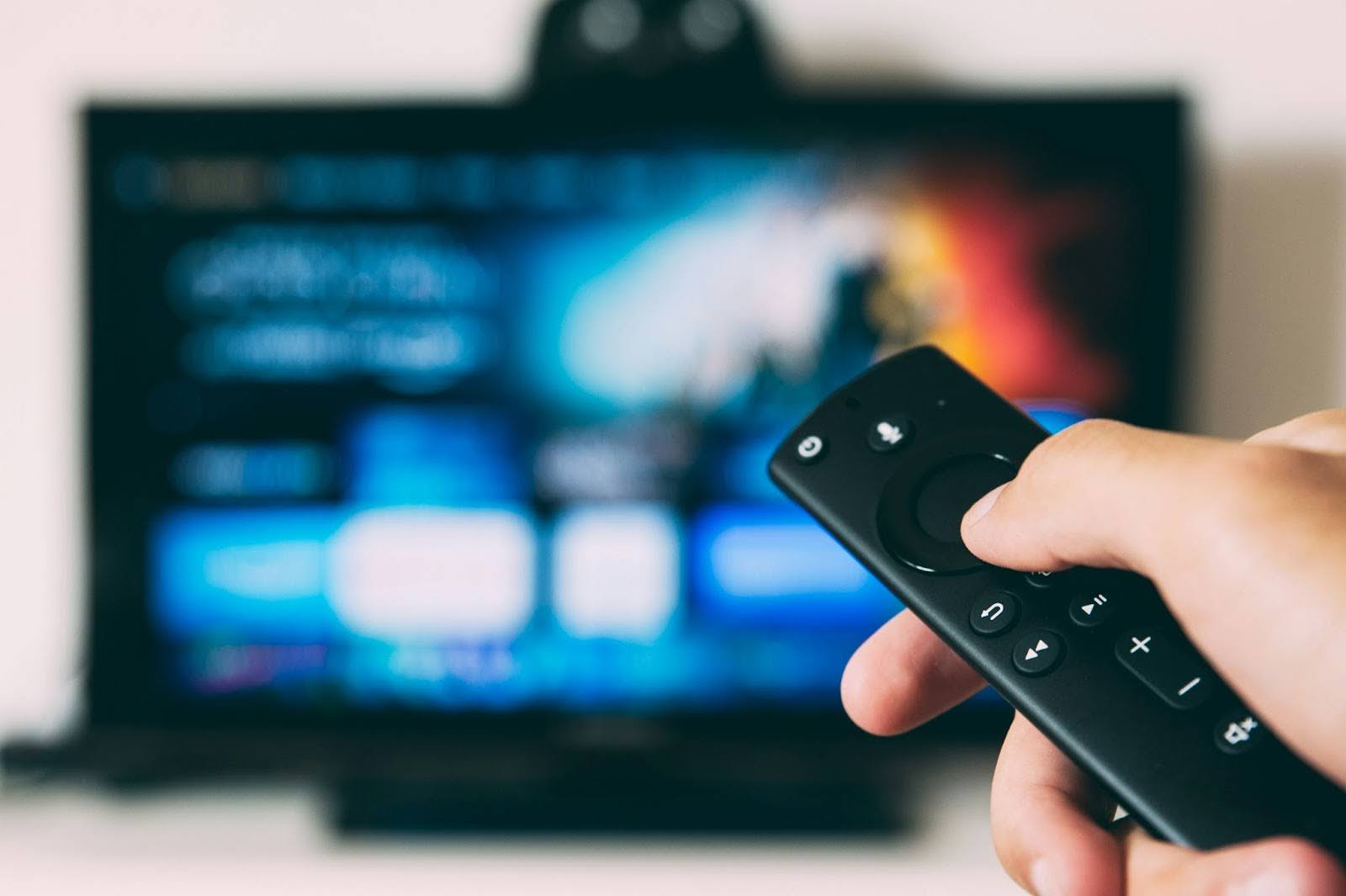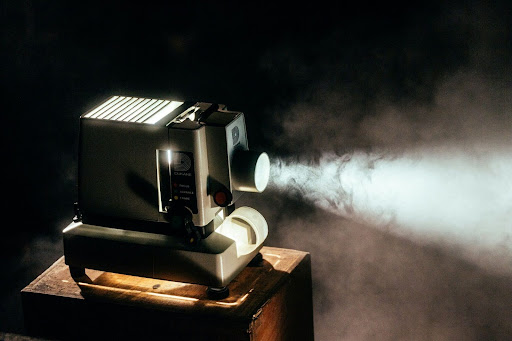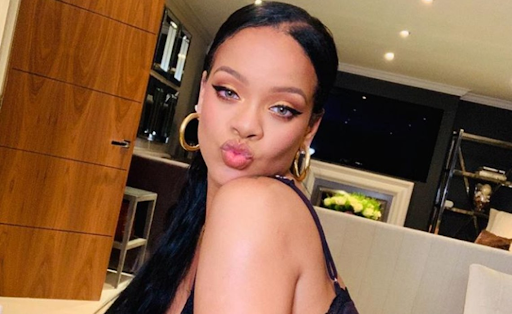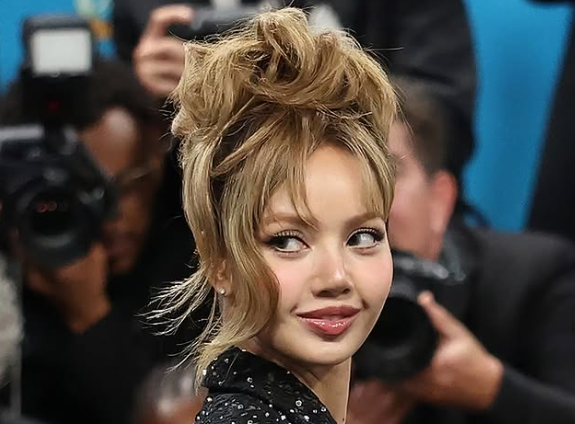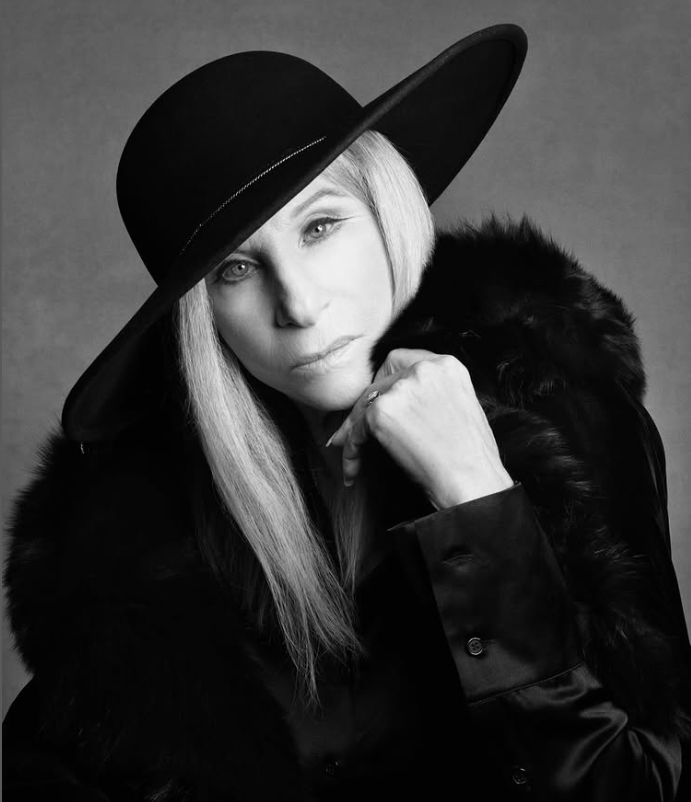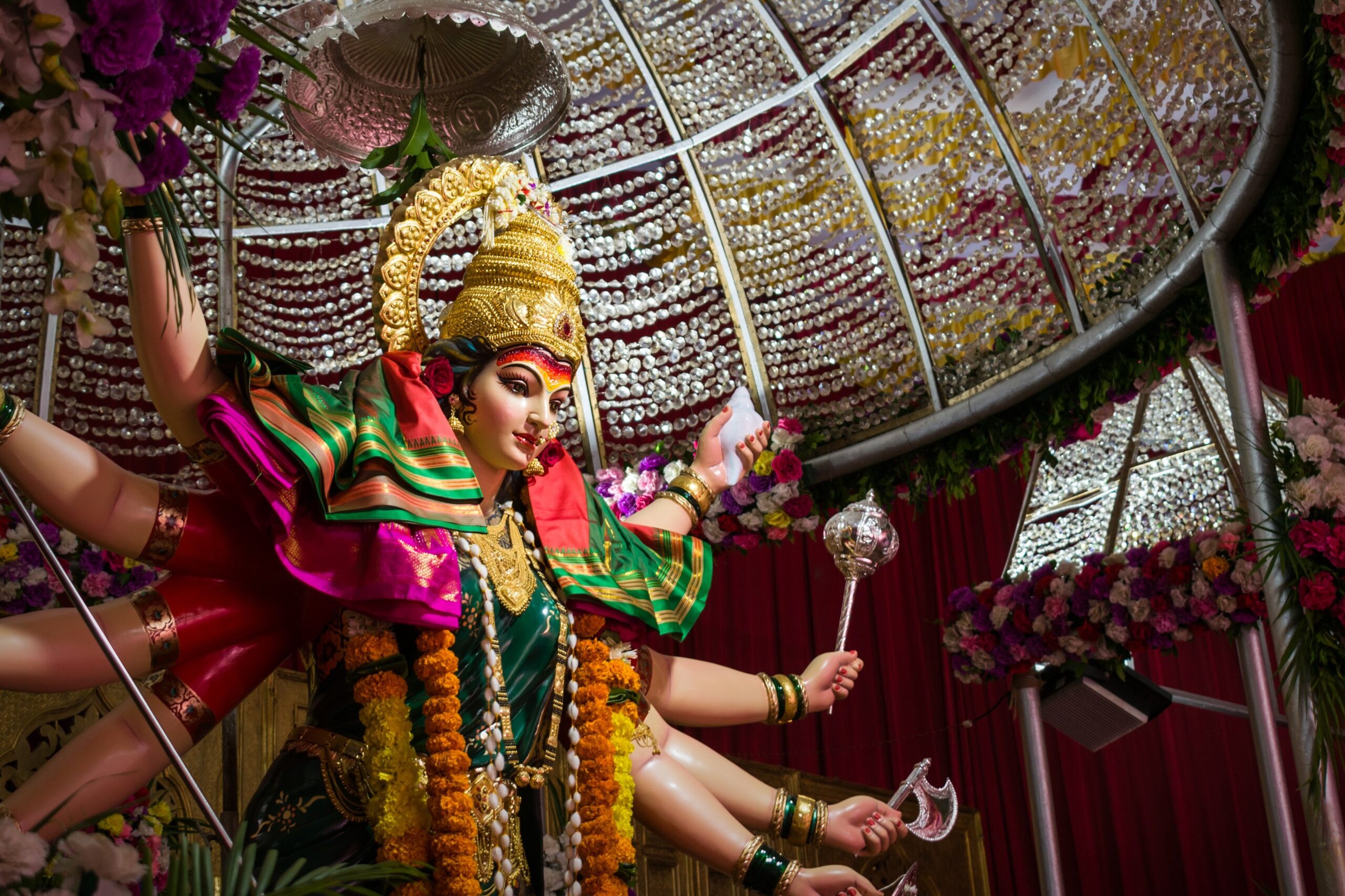
Photo by Sonika Agarwal Unsplash
American Gods, the TV show based on Neil Gaiman’s award-winning novel of the same name, premiered in 2017.
In the beginning, the show focused on Shadow Moon (played by Ricky Whittle) who was recently released from prison. Shadow is quickly pulled down a rabbit hole of bizarre experiences thanks to Mr. Wednesday (Ian McShane), who we later discover is the Germanic mythological god Odin. Mr. Wednesday is trying to build an army of “old gods” to pit against the “new gods,” and he enlists Shadow’s help. The new gods are Mr. World a.k.a. globalization (Chirpin Glover), Media (Gillian Anderson)—who is replaced by New Media in season two (Kahyun Kim)—and Technical Boy (Bruce Langley).
Odin/Mr. Wednesday, with his bodyguard Shadow in tow, embarks on a cross-country journey to recruit gods he personally knows to fight against the new gods to gain back the faith and worship of the masses. Odin recruits the Slavic god of “darkness and evil,” Czernobog (Peter Stormare), the Hindu goddess Kali/Mama-Ji (Sakina Jaffrey), the Pagan goddess of Easter, Ostara (Kristin Chenoweth), and many more. Also on his team is a character from West African folklore, Anansi, who in the material world is known as Mr. Nancy, played by Orlando Jones.
Anansi (pronounced uh-naan-see) is a storyteller and a prominent character in season two (with few scenes in season one). On December 14, 2019, Orlando Jones took to the Internet to reveal that he was let go from the show in September and would not be returning for season three.
Fans of the show were (and still are) outraged. Since he was one of the few characters of color that appeared in seasons one and two, fans of Anansi/Mr. Nancy were confused as to why the showrunners would make their show less diverse. During an exclusive one-hour interview with The Blerd Gurl podcast, Jones explained the full timeline that led to his firing.
The Removal of Anansi
Jones detailed conversations he had with the new showrunner, Charles (Chic) Eglee (the third showrunner thus far), who felt that the Anansi character was “not good for Black America.” For those unfamiliar with Anansi in the show, the West African god made a powerful first appearance in season one, episode two. We meet Anansi on a slave ship, where he first says his mantra, “Angry gets shit done,” which urges the captive Africans on board to burn down the ship transporting them to America.
However, the scene that created waves was in episode four, season two, in which Anansi made a speech stating that “slavery is a cult.” In this conversation, Anansi, goddess Bilquis (Yetide Badaki), and Mr. Ibis (Demore Barnes) discuss the current state of Black people in America and the global epidemic of human trafficking of Black and brown bodies. According to the new showrunner, this scene (and the overall “angry gets shit done” perspective Anansi maintains throughout the show) was not what Black America needed in the current political climate.
During The Blerd Girl interview, Jones even recounts hearing that Eglee (a white man) said to other executives that he “writes from a Black male perspective” better than Jones himself.
American Gods | official trailer (2017)www.youtube.com
While this is already a solid slap in the face, it’s particularly offensive given the minimization (and frequent nonexistence) of traditionally Black faiths and beliefs in shows and movies. Anansi was one of the few Black characters in mainstream television centered around spirituality and religion as he discussed the Black experience in a real and raw manner. As Jones explained in his interview with Blerd Gurl, fans flooded his DMs with messages telling him how important the Anansi character was to the landscape of television and what it meant for them to see that kind of representation.
During the TCA tour earlier this month (Jan. 7-19), Starz network president and CEO Jeffrey Hirsch addressed the situation with Jones, simply stating, “Orlando [Jones] is a tremendous talent and is a great actor and person. The book is rich in story and [Mr. Nancy] doesn’t have a prominent role in the story… that’s where we are.”
Hircsh also added, “Chic and the team decided to be in [an] area where Mr. Nancy doesn’t play a prominent role, so that’s where we are.” This blanket statement, while extremely diplomatic, entirely ignores Eglee’s previous statements.
The State of (and Demand for) Black Spiritual Representation
Given the current uptick in themes of spirituality and faith in popular shows (CC: Good Omen, The Chilling Tales of Sabrina The Teenage Witch, October Faction, The Path, and even SYFY’s The Magicians), it is a terrible move to remove important Black representation.
While we know shows take creative liberties regularly, it would make sense within the world of American Gods to include a character that speaks for the Black experience with urgency. Referring back to the aforementioned mortuary scene between Anansi, Bilquis and Mr. Ibis, what makes the scene powerful is seeing three Black actors portraying African gods and goddesses having a conversation about current Black America. This moment of thoughtful representation was applauded by viewers of all backgrounds, but it fell on (tone) deaf ears when it came to the current showrunner.
In a media climate where diversity is praised but not fairly executed, keeping the character of Anansi could have been a slam dunk for a show that sees trouble in the writers’ room and prominent characters exit (or suddenly let go) for unexplained reasons.
In a wider sense, there have been limited examples of people of color in the mystical and spiritual space as it relates to popular shows and movies. We can point out Rachel True as Rochelle in The Craft, Jasmine Guy as Sheila Bennett in The Vampire Diaries, Angela Bassett as Marie Laveau in American Horror Story: Coven, and more recently Tati Gabrielle as Prudence Blackwood in The Chilling Adventures of Sabrina.
Because of this lack of diversity and open call for more relatable characters, we turn to shows from independent filmmakers. Web series such as Juju Web Series, created by director and screenwriter Moon Ferguson, have a growing fanbase consisting of those looking for binge-worthy shows with mystical Black and brown representation. On the creation of Juju, Ferguson writes, “I wanted to experience supernatural beings who look like me. Blacks and People of Color are very underrepresented in the fantasy genre. I think it’s time to start writing our stories in the fantasy realm. We are long overdue for Black witches, vampires, werewolves, sirens, soothsayers, fauns, etc. We hold an abundance of history which includes magic stemming back to Africa.”
The Future of American Gods
During the TCA tour, Hirsch did mention that Anansi is not prominent in the chapters that the show is covering from the original novel. However, Anansi is relevant in later chapters (if sticking to the canon is really that important).
American Gods’ third season is currently set for a 2020 release date, which will see the debut of the standard 10 new episodes. With all the changes in actors, debacles in the writers’ room, and overall drama surrounding the show, is it even worth watching? The world will have to wait and see.
- American Gods: How Keanu Reeves, Nicolas Cage, and Neil … ›
- Thank God, Egyptian-American Actor Ramy Youssef Won His First … ›
- good omens ›
- American Gods: How Keanu Reeves, Nicolas Cage, and Neil ›
- 5 Important Black Characters in Horror Movies – Popdust ›
- Why You Should Start TV Shows at Season 3 – Popdust ›
- Netflix Adds a Little Haitian Voodoo to “Chilling Adventures of Sabrina the Teenage Witch” – Popdust ›
- American Gods: Anansi Explained | Screen Rant ›
- Orlando Jones: ‘American Gods’ ›
- American Gods – Wikipedia ›
- Anansi Monologue on Vimeo ›
- Mr. Nancy | American Gods Wiki | Fandom ›
- Orlando Jones Speaks out for Those Forced to Remain Silent | The … ›
- Orlando Jones Says He Was Fired from American Gods Because Mr … ›
- “American Gods” Crucified Black American God Mr. Nancy [OPINION] ›
- Who is Mr Nancy in American Gods, and what myth did Neil Gaiman … ›
- Orlando Jones Calls ‘American Gods’ Showrunner a ‘Wigga’ ›
- American Gods season 3 air date, cast, plot and more ›
- American Gods Official Site | STARZ ›

